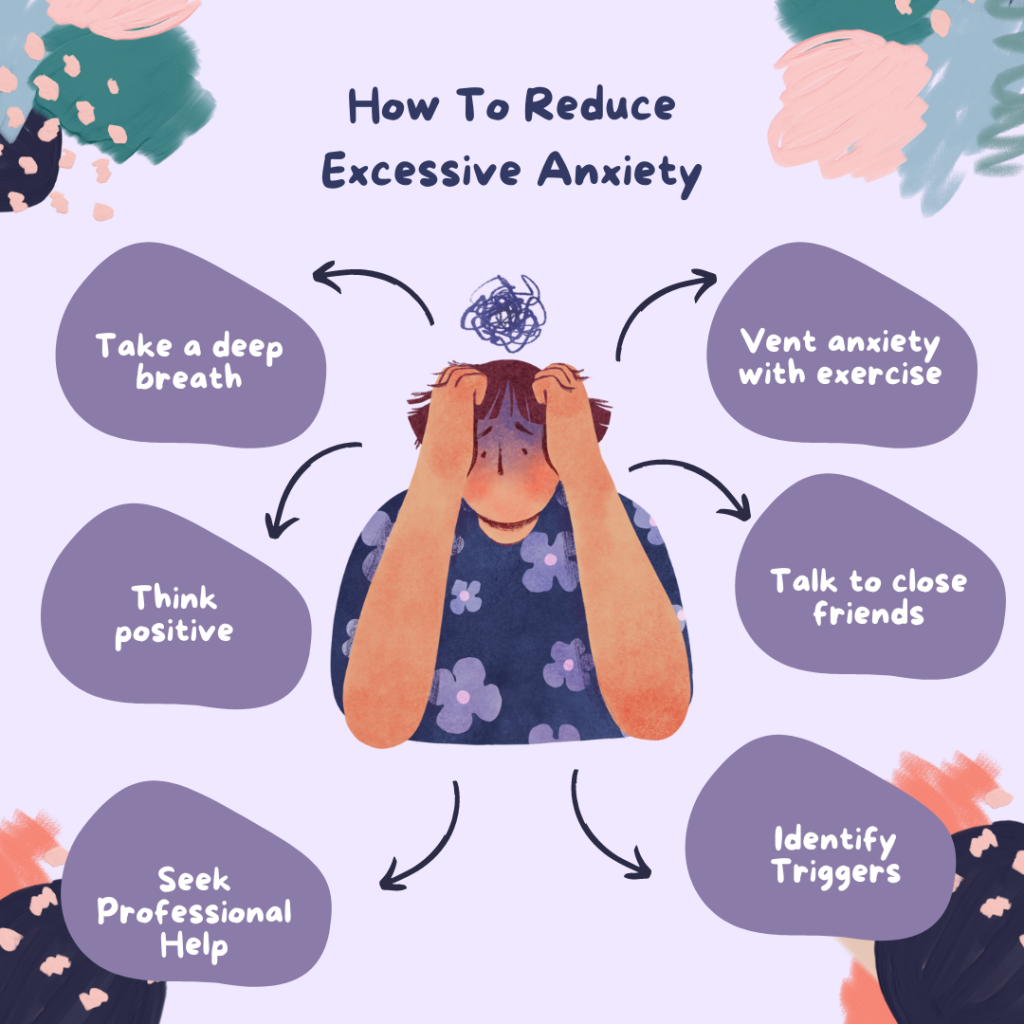Anxiety is a common mental health condition that affects millions of people worldwide. It can be characterized by feelings of unease, worry, and fear that can interfere with a person’s daily life. While there is no one-size-fits-all solution for managing anxiety, there are several strategies that can help individuals better cope with their symptoms.
If you’re looking for ways to manage anxiety, the following tips can be helpful.
- Practice Mindfulness
Mindfulness is a practice that involves being present in the moment and fully aware of your thoughts, feelings, and surroundings. This can be a useful tool for managing anxiety as it can help you stay grounded and centered during moments of stress.
To practice mindfulness, try to focus on your breath and the physical sensations of your body. You can also try to focus on your surroundings by observing the sights, sounds, and smells around you.
- Exercise Regularly
Exercise is a great way to manage anxiety as it releases endorphins, which can help to boost your mood and reduce stress. It can also help to improve your physical health, which can have a positive impact on your mental health.
To get the most benefit from exercise, try to do it regularly and find a form of exercise that you enjoy. This could be anything from jogging to yoga to swimming.
- Seek Professional Help
If you’re struggling with anxiety, it’s important to seek professional help. A mental health professional can provide you with strategies for managing your symptoms and can help you develop a plan for coping with anxiety.
There are several different types of therapy that can be helpful for anxiety, including cognitive-behavioral therapy (CBT) and exposure therapy. These therapies can help you identify negative thought patterns and develop strategies for managing them.
- Practice Self-Care
Self-care is an important part of managing anxiety. This can involve anything from getting enough sleep to eating a healthy diet to engaging in activities that bring you joy.
To practice self-care, try to prioritize your needs and make time for activities that help you relax and recharge. This could be anything from taking a bubble bath to reading a book to spending time with loved ones.
- Avoid Triggers
Finally, it’s important to avoid triggers that can worsen your anxiety symptoms. This could include anything from caffeine to certain social situations to watching the news.
To identify your triggers, pay attention to how you feel during certain activities or situations. Once you’ve identified your triggers, try to avoid them or develop strategies for coping with them.
In conclusion, managing anxiety is an ongoing process that requires patience and persistence. By practicing mindfulness, exercising regularly, seeking professional help, practicing self-care, and avoiding triggers, you can better manage your anxiety symptoms and improve your overall well-being.



